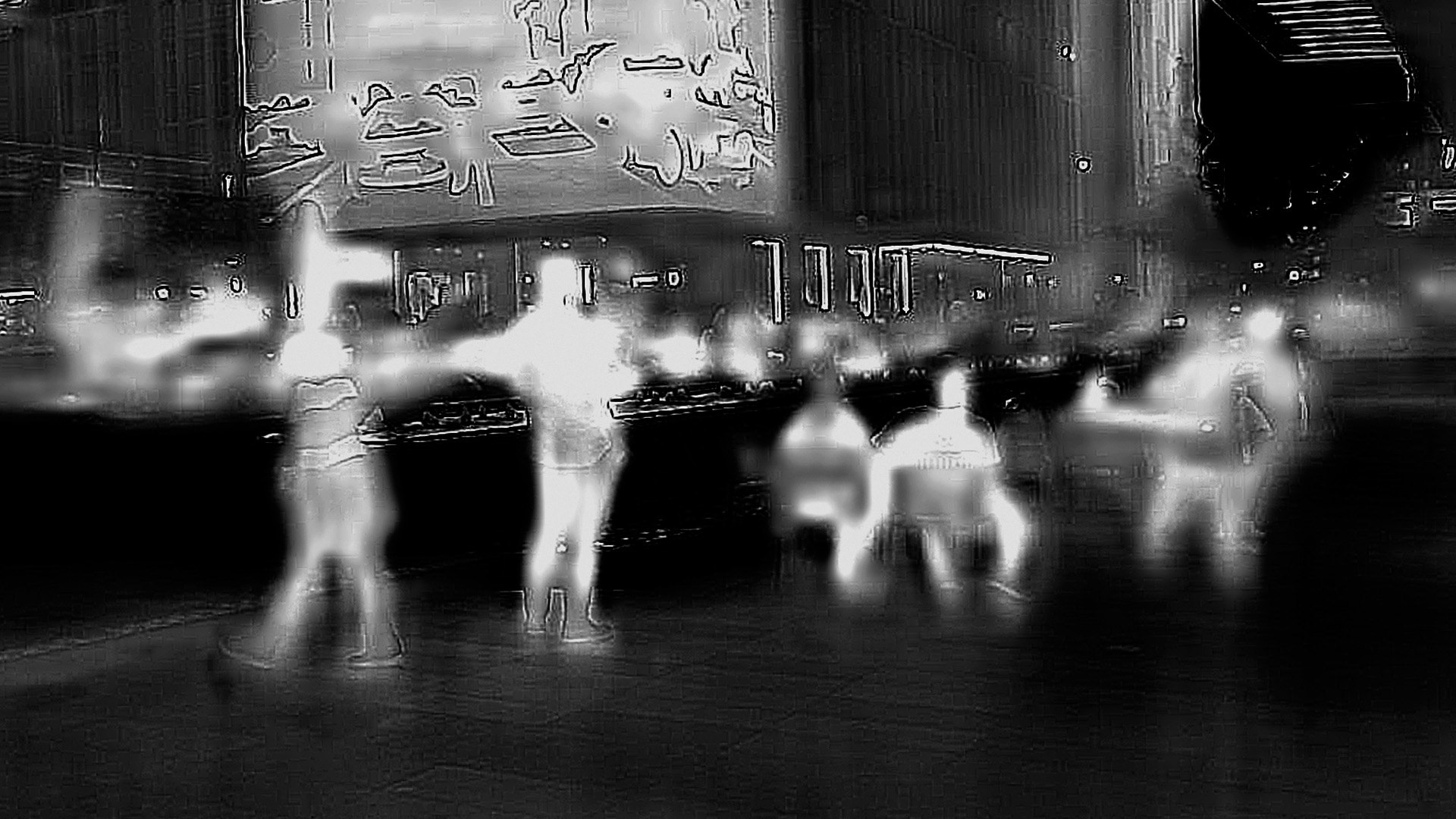
This research project was the second in a series of three that analyzed user behavior in small urban spaces. The study revisited William Whyte’s observations from late 70’s New York City in order to generate updated insights some 40 years later and focus more pointedly on design elements. With the emergence of novel urban space types, broader social changes, and novel introductions like cellphones and ubiquitous computing, the reappraisal is quite necessary. Findings included an illustrated set of ten commonly observed phenomena that help designers apply research findings to their design work as they aim to better integrate changing (and static) user desires. Since greater plaza use can result in benefits like increased civic engagement, socio-economic mixing, increased safety, economic benefits, health benefits, and place attachment, greater attention to user preferences is important for both new capital projects and retrofits of communal spaces. Evening and nighttime usage is of increasing importance as urban heat and extreme heat events are on the rise.
The team visited ten small public spaces in a temperate American downtown to understand user behavior and occupation in the evening and at night. Research methods incorporated traditional observation, tallies, and time lapse photography but also experimented with emerging methods including cell phone data sets, thermal imaging, and infrared photography. This project was funded in part by a grant from the Environmental Design Research Association. The project continues SWA’s work on post occupancy assessment.
RESEARCH TEAM
Anya Domlesky, XL research and innovation Lab at SWA
Yang Song, Texas A&M University
Yingchen Lang
THANKS TO
Chuck McDaniel, SWA
Jonah Susskind, XL research and innovation Lab
The Michael Brill Research Grant Committee
Paul Wehby, SWA
RELATED PROJECTS
FEATURED
Environmental Design Research Association (EDRA)
Michael Brill Research Grant in Urban Communication and Community Design
Environmental Design Research Association (EDRA) 54 Conference
“Public Life in the Urban Night”
Cornell University College of Agriculture and Life Sciences
“Affecting Landscape Performance with Material and Detail”
FINDINGS
Public Life in the Urban Night booklet (forthcoming)

